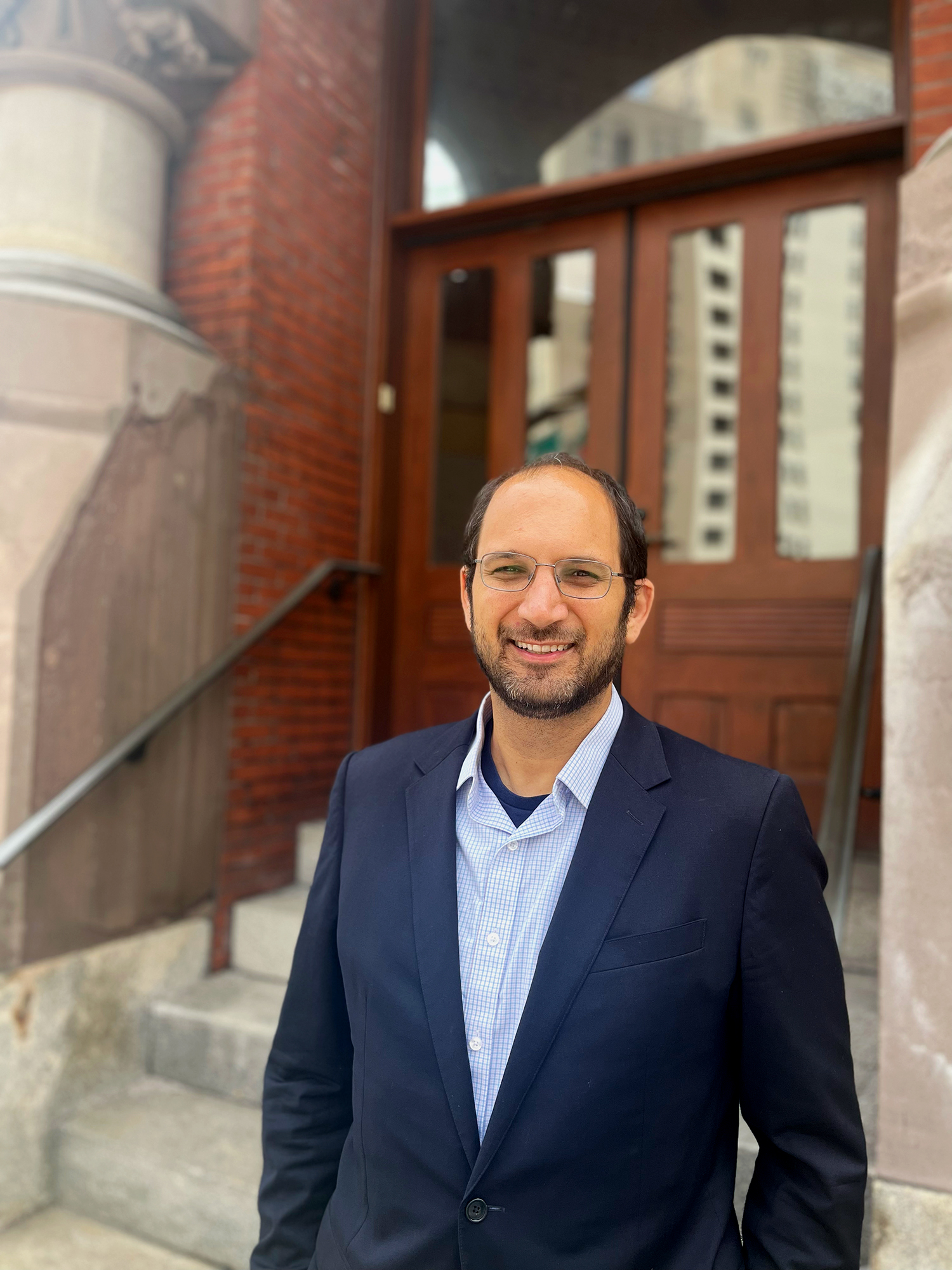Autism Spectrum and Developmental Disorders
Parent-reported social-emotional improvements from a pilot quasi-randomized controlled trial of the Social Detective and Superflex series curriculum in autistic youth
(PS4-57) Parent-reported Social-emotional Improvements from a Pilot Quasi-randomized Controlled Trial of the Social Detective and Superflex Series Curriculum in Autistic Youth

Kristin Walker, M.A.
Graduate Student
Stony Brook University
Port Jefferson, New York, United States- AN
Allison S. Nahmias, Ph.D.
Assistant Clinical Professor
A.J. Drexel Autism Institute, Drexel University
Philadelphia, Pennsylvania, United States 
Matthew D. Lerner, Ph.D.
Associate Professor
AJ Drexel Autism Institute, Drexel University
Philadelphia, Pennsylvania, United States
Author(s)
Co-Author(s)
Social difficulties are a well-established autistic trait (APA, 2013), which, if not addressed, can significantly affect interpersonal relationships, academic achievement, and psychological well-being (Silveira-Zaldivar et al., 2021). One intervention to enhance social outcomes is the Social Thinking Methodology, particularly the Social Detective/Superflex (SD/S) curriculum series. SD/S utilizes a superhero-themed approach to teach social-emotional learning through stories, activities, and discussions. While this curriculum is widely disseminated across school and clinic settings and has evidence of being well-received by professionals (Yadlosky, 2012), there is a need for independent empirical studies validating its efficacy (Crooke & Winner, 2016). Therefore, the current pilot quasi-randomized controlled trial seeks to assess the efficacy of SD/S, focusing on its impact on parent-reported social-emotional outcomes, with autistic youth in a laboratory setting. We hypothesized that SD/S participation will yield improvements in social-emotional outcomes relative to the control condition.
Eighteen autistic children in grades 2-5 (Mage=8.44 years old; 14 males; VIQ ≥80) were assigned to participate in either the SD/S after-school group (n=9) or an attention control social group (engaged in unstructured social activities; matched for peer contact, time, and frequency). These groups met weekly for 20 weeks. Parent-report questionnaires assessed parent and child knowledge and use of SD/S vocabulary, autism symptoms (Social Responsiveness Scale; SRS-2), social skills (Social Skills Improvement System; SSIS), and executive functioning (Behavioral Rating Inventory of Executive Function, BRIEF-2) at three times: pre-group, post-group, and follow-up (3-6 weeks after group completion). Data were analyzed via t-tests and repeated measure ANOVAs.
Both parent and child knowledge and use of SD/S vocabulary increased in the SD/S group compared to the control group (both p< .05). Both SD/S and control groups showed a decrease in autism symptoms from pre- to post-timepoints (p< .025). This decrease was maintained at the follow-up for the SD/S group (p=0.016), but not in the control group (p=0.099). Gains in social skills were maintained at follow-up in the SD/S group (p=0.019), but not in the control group (p=0.251). Executive functioning skills improved in the SD/S group (p=0.048) but not in the control group (p=0.2) from pre- to post-times.
As predicted, autistic children in the SD/S group demonstrated better outcomes in social-emotional learning compared to those in the control group. SD/S effectively improved social-emotional outcomes in autistic children, making it a promising intervention for helping autistic children navigate their social environments.

.png)
